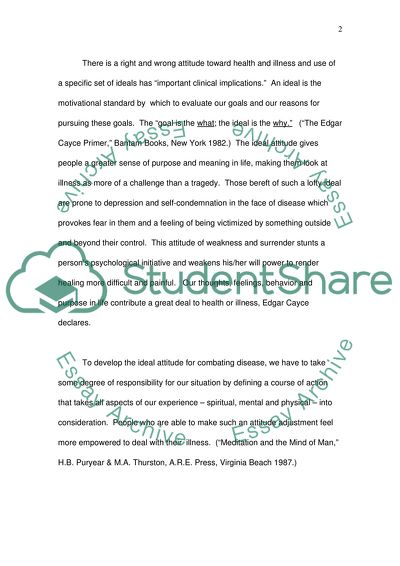Cite this document
(Attitudes towards Health and Illness and How These Affect the Work of Essay, n.d.)
Attitudes towards Health and Illness and How These Affect the Work of Essay. Retrieved from https://studentshare.org/nursing/1536133-discuss-attitudes-towards-health-and-illness-and-the-effect-these-would-have-on-your-work-as-a-practising-nurse
Attitudes towards Health and Illness and How These Affect the Work of Essay. Retrieved from https://studentshare.org/nursing/1536133-discuss-attitudes-towards-health-and-illness-and-the-effect-these-would-have-on-your-work-as-a-practising-nurse
(Attitudes towards Health and Illness and How These Affect the Work of Essay)
Attitudes towards Health and Illness and How These Affect the Work of Essay. https://studentshare.org/nursing/1536133-discuss-attitudes-towards-health-and-illness-and-the-effect-these-would-have-on-your-work-as-a-practising-nurse.
Attitudes towards Health and Illness and How These Affect the Work of Essay. https://studentshare.org/nursing/1536133-discuss-attitudes-towards-health-and-illness-and-the-effect-these-would-have-on-your-work-as-a-practising-nurse.
“Attitudes towards Health and Illness and How These Affect the Work of Essay”. https://studentshare.org/nursing/1536133-discuss-attitudes-towards-health-and-illness-and-the-effect-these-would-have-on-your-work-as-a-practising-nurse.


